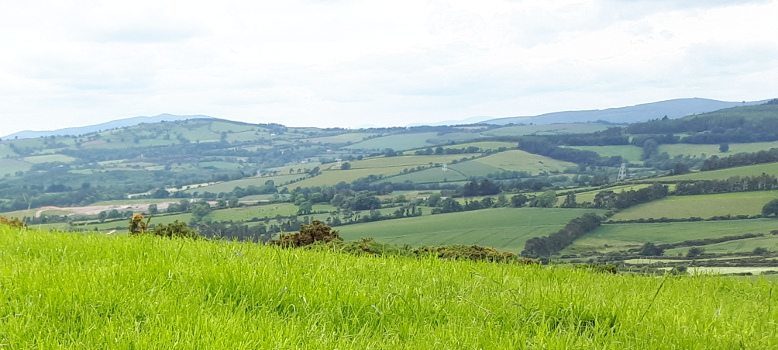Nitrates Derogation Must Be Maintained to Protect the Viability of Thousands of Irish Farms

Speaking at the Joint Oireachtas Committee on Agriculture on ‘Compliance with the Nitrates Directive: Implications for Ireland’, IFA President Francie Gorman said that Ireland’s nitrates derogation must be maintained or it would jeopardise the viability of thousands of farmers across all sectors and this would have a huge knock-on social impact on rural Ireland.
Francie Gorman said the loss of the derogation would have a massive direct impact on dairy farmer incomes making many smaller dairy farmers unviable.
IFA estimate that the removal of the derogation entirely would reduce dairy income for the impacted farmers by an average of up to €23,000/annum; a huge drop given that average dairy family farm income for the last 5 years was about €87,000/annum.
Its loss would also play havoc with the land market in Ireland, causing a surge in demand for rented and leased lands and driving the price upwards.
“Some mistakenly think this is only a dairy issue. In reality, any changes to the derogation impact all land-based sectors given the hugely disruptive impact it has on the land market.”
“Drystock and tillage farmers as well as smaller dairy farmers are now being outcompeted in the land market by larger dairy farmers, who can justify paying a higher price for land rental in order to try to maintain their business at current levels. In the cases where farmers do manage to retain rented or leased land, this is generally coming at a higher cost,” Francie Gorman said.
Francie Gorman also highlighted the consequences its removal would have on Ireland’s Climate Action Plan and associated targets.
“IFA estimate that the removal of the derogation would result in dairy farmers requiring about 86,000 hectares just to maintain their current dairy cow numbers. Removing the derogation will make the achievement of Ireland Climate Action Plan more difficult,” the IFA President said.
He also highlighted the ambition of the Nitrates Action Programme(NAP) and how it has been ramped up in the last two reviews of the programme with farmers now obliged to undertake up to an additional 30 measures on farms to protect water quality.
“What the NAP and government agencies fail to acknowledge is the realistic lag times that exist for these management practices to demonstrate improvements in water quality. The mitigation of nitrates loss to water can vary from seconds to decades upon the application of a new management practice. Work needs to be carried out to outline estimated lag times in our most vulnerable catchments,” he said.
“The European Commission is currently undertaking a European-wide public consultation on the Nitrates Directive itself. It is critical that Ireland uses this opportunity to stress the critical importance of the derogation to Ireland and also emphasise that its long-term retention is vital to our whole industry,” Francie Gorman stated.




